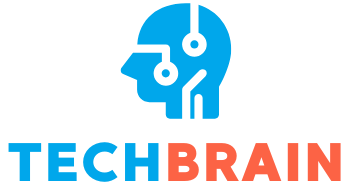Self-driving cars that make life-and-death decisions in seconds. Robots assisting the elderly in hospitals. AI systems screening job applications and even predicting crimes. What once sounded like science fiction is now our reality—and it raises a critical question: how do we ensure AI and robotics are used ethically in society?
The rapid rise of artificial intelligence and robotics has brought incredible benefits. From increasing efficiency in businesses to saving lives in healthcare, the potential is enormous. But with great power comes great responsibility. As these technologies become more embedded in our daily lives, the need to explore their ethical implications has never been more urgent.
Bias and Fairness in AI
One of the biggest concerns in AI ethics is bias. Algorithms learn from data, and if that data reflects human prejudices, the AI can reinforce or even amplify them. For example, AI recruitment tools have been shown to unintentionally favor certain demographics over others. To build ethical AI systems, developers must prioritize transparency, fairness, and diverse data sets.
Privacy and Surveillance
Another pressing issue is privacy. AI and robotics often rely on massive amounts of personal data to function effectively. From smart home assistants to citywide surveillance systems, there’s a fine line between convenience and intrusion. The question society must ask is: how much data are we willing to trade for progress, and who gets access to it?
Accountability and Responsibility
If a robot makes a mistake—say, an autonomous car causes an accident—who is responsible? The developer, the manufacturer, or the user? Establishing clear accountability frameworks is one of the most complex challenges in robotics ethics. Without it, trust in these technologies could erode quickly.
Impact on Jobs and Human Dignity
While robotics can handle repetitive or dangerous tasks, they also raise concerns about job displacement. What happens when automation replaces entire industries? The challenge lies in balancing efficiency with human dignity—ensuring that technology augments human potential rather than rendering it obsolete.
The Path Forward: Responsible AI and Robotics
The good news? Conversations about responsible AI are growing louder. Governments, researchers, and companies are working together to establish ethical guidelines and regulations that protect individuals while fostering innovation. Transparency, fairness, and human oversight must remain at the core of every AI and robotics solution.
The future of technology isn’t just about what AI and robots can do—it’s about what they should do. By addressing these ethical challenges today, we can build a future where technology serves humanity, not the other way around.
The question isn’t whether AI and robotics will shape society—they already are. The real question is: can we shape them responsibly?


